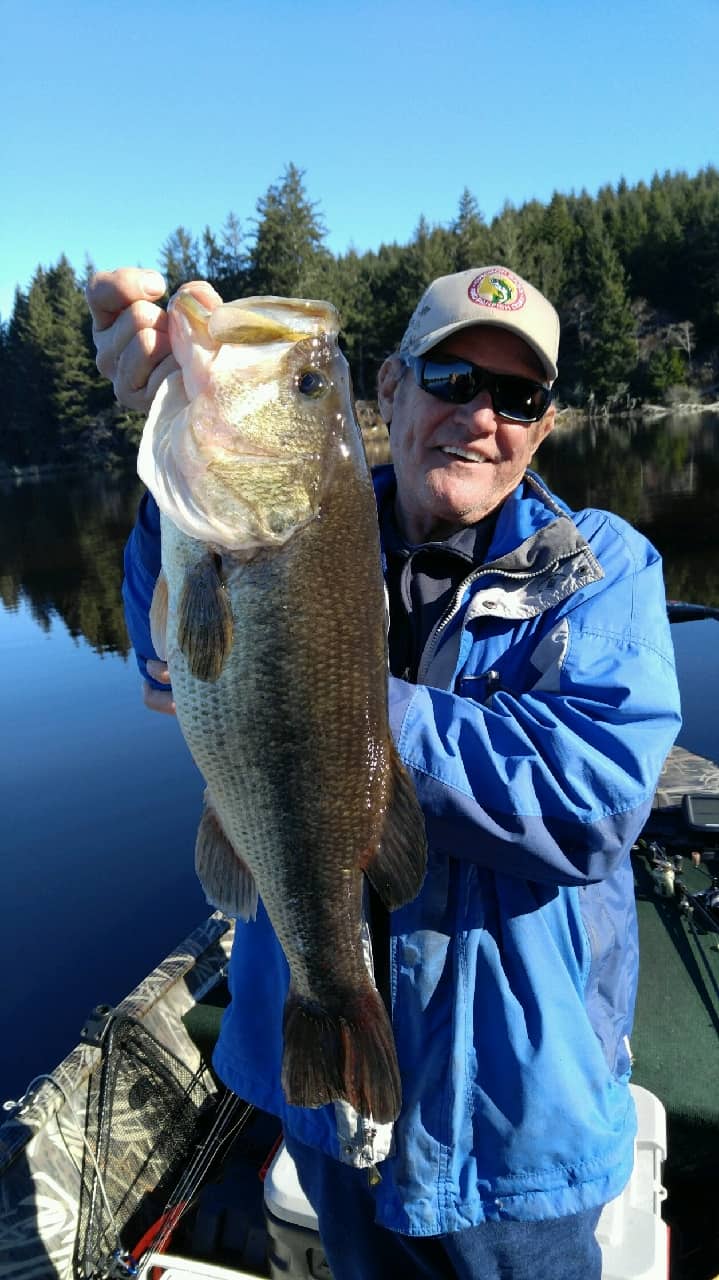

MOONEY: These predators can't see, but the sound is traveling really well. So it has to be an extremely coordinated event.ĪIZENMAN: What better time than when it's too dark for predators to swoop in and eat the eggs?

MOONEY: Yeah, it's probably a lot of males trying to, you know, entice the females into spawning with them because when the eggs and sperm are released into the water, they're going to get dispersed pretty quickly. Strumming their muscles like a bass drum. Take these long, thin fish called cusk-eels recorded off the coast of Cape Cod.ĪIZENMAN. Some are loudest when the moon has waned.

Just by sort of listening, kind of quiet listening, we can observe what the animals are doing out there in the ocean.ĪIZENMAN: One of their coolest findings is just how many fish live by the lunar cycle, ramping up the sounds they make depending on the phase of the moon. He's part of a network of scientists who set up underwater microphones across the planet to eavesdrop on marine life.ĪRAN MOONEY: It's just really striking what we can learn without actually visually observing. NURITH AIZENMAN, BYLINE: Aran Mooney is a marine biologist at Woods Hole Oceanographic Institution in Falmouth, Mass. Do fish bay at the moon? As NPR's Nurith Aizenman reports, the answer to that question may also point to a way to protect the ocean's damaged ecosystems.


 0 kommentar(er)
0 kommentar(er)
